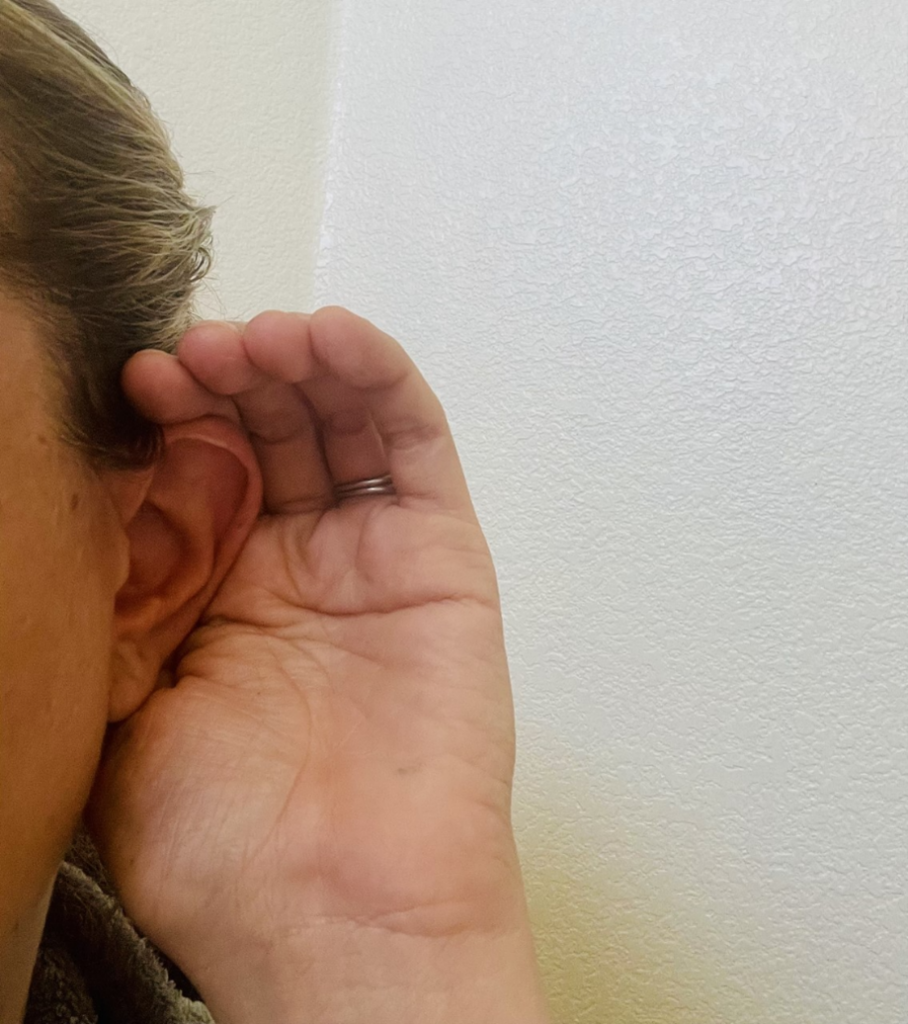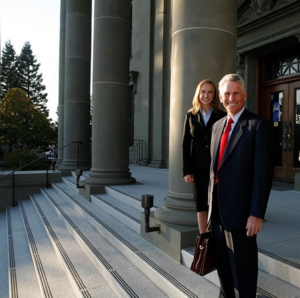Sexual rumors about an employee in the workplace can support causes of action for both sexual harassment and defamation. Defamation requires a false statement that damages the reputation of the subject person. Sexual harassment in the workplace can include the spreading of false rumors about the sexual activity of an employee.
In order to qualify as sexual harassment, rumors must be based on the gender of the subject employee and there must be evidence that the rumors were spread.
Rumors in which gender is a substantial factor can create a hostile work environment and thereby qualify as sexual harassment. See Accardi v. Superior Court (1993) 17 Cal.App.4th 341, 346-349, involving a sexual harassment plaintiff who alleged that spreading untrue rumors about her ability and that she slept with her superior officers in order to receive favorable assignments were adequate allegations for sexual harassment. See also Howley v. Town of Stratford (2d Cir.2000) 217F.3d 141,154-155 where evidence was sufficient to overcome summary judgment on a hostile work environment claim that included a public comment by a male fire lieutenant that a female fire lieutenant gained her rank by performing fellatio and his subsequent rumors that she gave assignments that jeopardized the lives of older firefighters. See also Spain v. Gallegos (3rd Cir.1994) 26 F.3d 439,451, a case in which rumors were sufficiently alleged as sexual harassment where the allegations included that the rumors caused plaintiff to be shunned and evaluated poorly for advancement and that management personnel did not take remedial action to eliminate the rumors. Also Rahn v. Junction City Foundry, Inc. (D.Kan.2001) 161 F.Supp.2d 1219, 1234, supported the concept of rumors amounting to a hostile workplace environment for the purposes of sexual harassment where the allegations included that co-workers spread rumors about plaintiff’s sexual activity. Also see Jew v. University of Iowa (S.D.Iowa 1990) 749 F.Supp.946, 958 where false rumors suggesting that plaintiff used sexual relationships to influence the head of the university department and that plaintiff’s professional accomplishments rested on sex, not merit, were sufficient allegations for a hostile work environment based on sexual harassment.
All of the false rumors associated with the cases cited above are likely to support a claim for defamation based on the allegations of the false statement that damaged the reputation of the subject employee. Not all rumors in the workplace constitute sexual harassment. See Accardi v. Superior Court (1993) 17 Cal.App.4th 341, 348 holding that is only necessary to show that gender is a substantial factor in the discrimination and that if the plaintiff “had been a man, she would have not been treated in the same manner.”
If you or someone you care about is suffering due to rumors in the workplace that are linked to sexuality or sexual activity, contact Timothy Broderick at the Broderick Law Firm.



